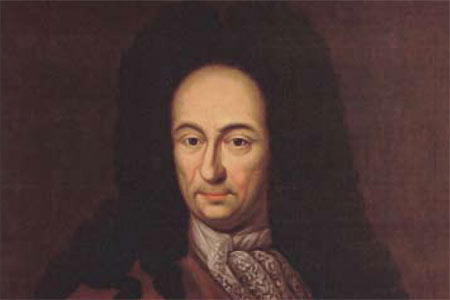Who Really Invented the Number System?
Discovering the Origins of Numbers: A Journey Through Time

Source www.ancient-origins.net
Who Invented the Number System?
The Earliest Number Systems
The concept of numbers and counting can be traced back to ancient civilizations that emerged around 4,000 BCE. The Sumerians, who lived in Mesopotamia (present-day Iraq), created the first known number system. They used a combination of two symbols, a vertical line | and a symbol that looked like a wedge or a triangle, to represent numbers. They also developed a base-60 system for counting time, which is still used today in measuring time and angles.
At around the same time, the Egyptians also created their own number system using hieroglyphics. They used different symbols to represent different powers of 10, similar to the Roman numerals we use today. The Chinese and the Indus Valley Civilization also developed their own number systems independently.
The Development of Modern Number Systems
The ancient Greeks made significant contributions to the development of modern number systems. They introduced a more abstract concept of numbers, and came up with the idea of using letters to represent them. For example, alpha (A) was used to represent the number 1, and beta (B) was used to represent the number 2. They also developed mathematical operations, such as addition and subtraction, that could be applied to these numbers.
These developments laid the foundation for the development of algebra and calculus, which are integral to modern science and technology. The Roman numerals and the ancient Greek system continued to be used until the 16th century when decimal notation was introduced.
The Indian Contribution
Indian mathematicians made significant contributions to the development of modern number systems, particularly the decimal system. The decimal system uses the digits 0-9 to represent numbers and uses place value to determine the value of each digit. The concept of zero was also introduced by Indian mathematicians, which is now an essential part of modern mathematics.
Aryabhata, an Indian mathematician and astronomer, is credited with inventing the decimal system around 500 CE. His system was later refined by Brahmagupta, who introduced negative numbers and zero. The decimal system gradually spread throughout the world, and it is now the most widely used number system in the world.
Conclusion
The invention and development of the number system is a testament to the ingenuity and creativity of human beings. It has played a vital role in advancing science, technology, and civilization as a whole. From the Sumerians to the ancient Greeks, and from India to modern times, the number system has evolved and adapted to meet the needs of different societies and cultures.
Learn more about the history of the tractor